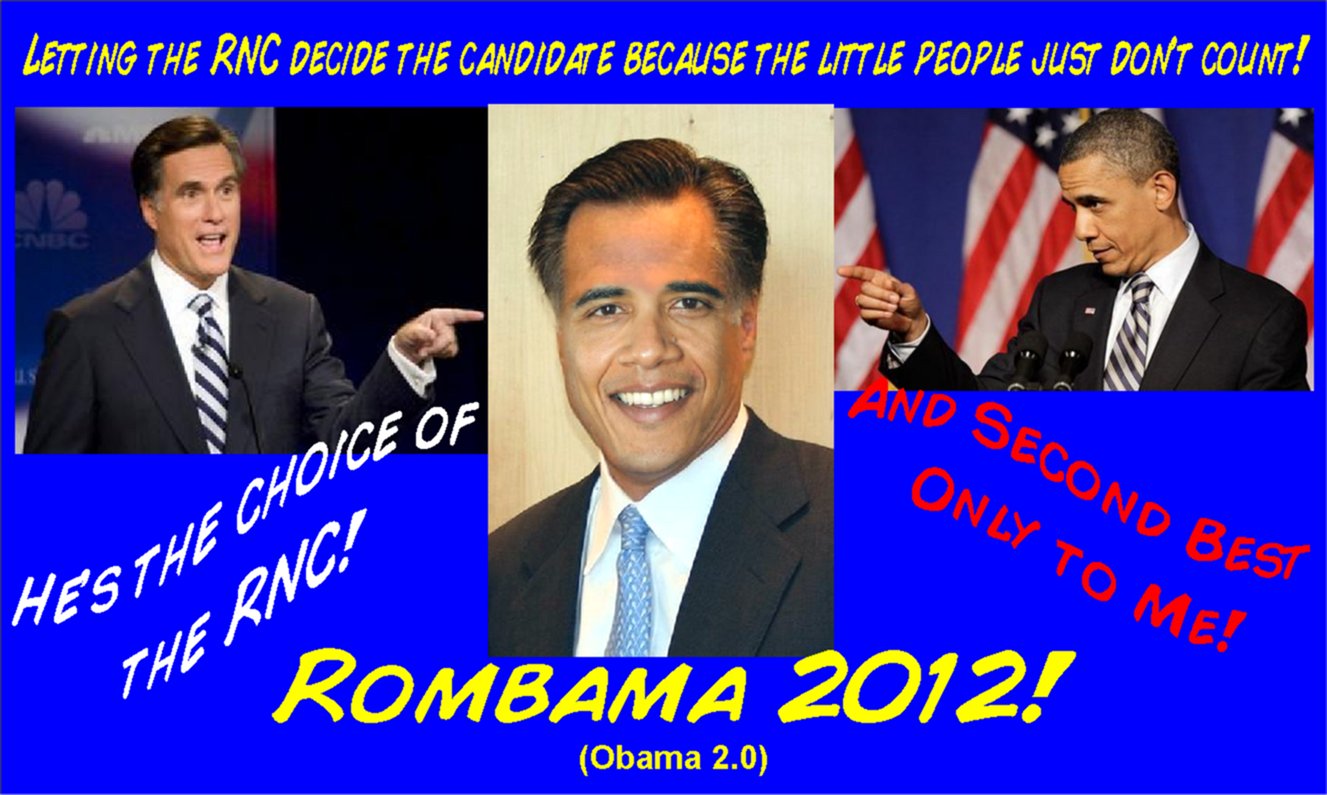While you weren't watching -- maybe you were trying to figure out what in heck the Supreme Court's been talking about on health care -- the Wall Street lobby has been up to its old games in the House of Representatives over an issue that's even harder to comprehend than an oral argument on the Commerce Clause. With bipartisan support, the big banks are sneaking through a couple of "technical amendments" to Dodd-Frank that seem hopelessly arcane but in fact could lay the groundwork for another financial catastrophe.
In case you're still reading, one bill is H.R. 3283, or the "Swap Jurisdiction Certainty Act." Like the name? CERTAINTY ACT. Sounds impressive, huh. Actually it's totally Orwellian, along the lines of "War Is Peace," "Freedom Is Slavery," etc. What this baby does is to create enough UNcertainty in Dodd-Frank to allow U.S. banks to evade capital and margin requirements by exempting their foreign affiliates. So, if it becomes law, a foreign affiliate of Goldman could cut a swap or derivatives deal with a foreign affiliate of GM with no one watching and no capital posted, just as if 2008 never happened. And because banks are totally global, switching the lion's share of their swap dealing abroad would be as easy as pushing a button.
To quote Michael Greenberger, a former top federal regulator and a law professor and derivatives expert at the University of Maryland: "This is being explained as a technical amendment. That’s a nice way of describing a loophole that a stealth bomber could go through."
The scariest thing about it is that if it becomes law, global swap dealers would evade derivatives regulation but the "U.S. economy could not evade the fallout," as Americans for Financial Reform, a group calling for tougher regulation, writes in a protest letter to the House. As we saw with Lehman and AIG during the crash, U.S. parents can implode based on what some unit in London is up to; recall that something similar happened to Barings after 230 years of operation because of a rogue derivatives trader in Singapore.
The other companion bill is called the end user margin exemption amendment, which passed the House this week with massive bipartisan support, 370-24. It bars regulators from requiring so-called end-users to post margin on swaps trades. This would allow investment banks to escape capital margin requirements they agreed to when they became bank holding companies in order to get all that bailout money and save their skins in 2008.
What it all amounts to is an intense, behind-the-scenes lobbying campaign that the banks have been pursuing since the early days of Dodd-Frank. Even after we learned that not a single Wall Street CEO understood what his traders were doing before September 2008, the global banks still want to keep derivatives trading in the dark and out of regulatory control as much as possible. Back in December 2009, I wrote a story for Newsweek citing a secret lobbying effort by banks to channel their demands through famous corporate "end-users" like GM, Apple and Whirlpool--to whom Congress would be more sympathetic. "This is an orchestrated, well-funded effort by the banks to manipulate our legislation and leave no fingerprints," a congressional staffer involved in drafting Dodd-Frank told me then. The staffer passed on to me nine pages of proposed changes in the legislation intended to protect trading from open scrutiny—all of it on paper without a letterhead—that she said came from Goldman Sachs.
The campaign tried to make the case that curbs on derivatives don't hurt just Wall Street but also the corporations in Main Street America—the "end users" —that need them to hedge risks. Airlines, for example, use derivatives as protection against sudden gyrations in fuel costs by "swapping" interest-rate payments or currencies with other companies. But when Wall Steet privately negotiates these deals off exchanges, it is harder for investors—and regulators—to assess the fair value and real risk of the deals. This makes it easier for the banks to charge a large "spread" and earn big profits. "It's like the used-car market, except that it's even less transparent," Adam White, a derivatives expert at White Knight Research in Atlanta, told me then.
And the arguments made by the lobbyists, as well as by lawmakers and the U.S. Treasury, haven't changed since the '90s: we MUST have these exemptions to be globally competitive. It's precisely what we heard more than a decade ago, when they brought down Glass-Steagall and enacted the Commodity Futures Modernization Act. As then-Treasury Secretary Larry Summers noted, the latter law was necessary to “allow the United States to maintain its competitive position in this rapidly growing sector.”
If fact, that 2000 law marked a decisive point in the forthcoming subprime mortgage crisis, according to the majority report of the Financial Crisis Inquiry Commission in late 2010. From then until mid-2008, for seven and a half years, the over-the-counter derivatives market grew more than sevenfold, without transparency, without any state or federal regulator knowing really what was going on in the market, without any controls on growing counterparty credit risk. It effectively interconnected all the financial institutions in this country and around the world. It also opened the door to credit default swaps, the rampant development of which fueled securitization and amplified the problems.
Unless someone starts paying serious attention to this legislation, this is the world we're heading back into....













